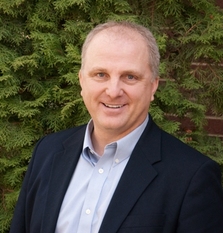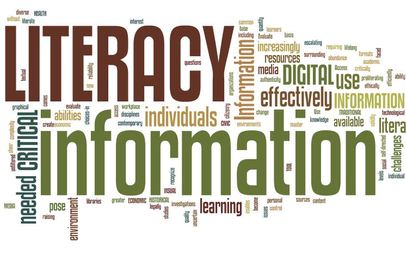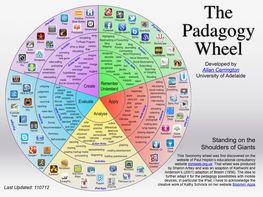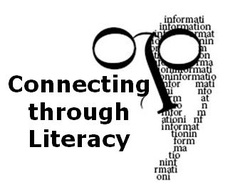
Dean Shareski is the Community Manager for Discovery Education Canada.He taught grades 1-8 for 14 years and spent 9 as a digital learning consultant for Prairie South School Division in Moose Jaw, SK. In addition he teaches pre-service teachers at the University of Regina. Dean began blogging in 2005. His blog consistently ranks
among the top educational blogs. Dean also writes for Tech Learning and the Huffington Post. As part of his role as digital learning consultant, Dean pushed many initiatives and is seen as an early adopter.
From wireless access for all schools to cellphones in the classroom, Dean has been a part of many exciting and new ideas that support student and teacher learning. His work at the University of Regina has been seen as transformative for many beginning teachers. In 2010 he won the ISTE Award for Outstanding Leader of the Year. His passion remains helping teachers explore the affordances of technology for learning. Dean has spoken and keynoted at conferences nationally and internationally. Dean brings a humility and sense of humor to his presentations and credits his extensive network of smart people as his greatest asset.
For more information on Dean please visit his blog, Ideas and Thoughts: Learning stuff since 1964




 RSS Feed
RSS Feed